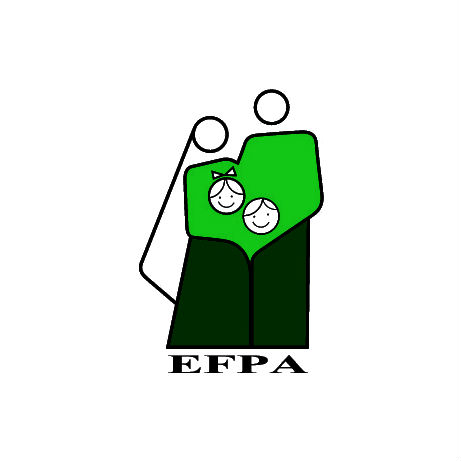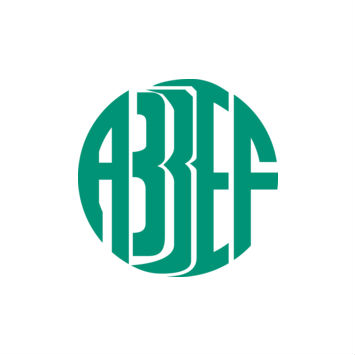

| 31 March 2016
Egyptian Family Planning Association
The Egyptian Family Planning Association (EFPA) is one of the Arab World and Africa’s primary volunteer-based associations working in family planning. Founded in 1958, EFPA is a strong, well-established, transparent and competent association, bound by the Egyptian Ministry of Social Solidarity – MoSS administrative supervision, in addition to, the Ministry of Health and Population - MoHP technical supervision. In line with its new strategic plan 2016-2022 and in accordance with the SDG’s, EFPA’s vision aspires to see all people in Egypt free regarding their sexual and reproductive choices, free from violence and discrimination. EFPA’s mission resides in continuing to lead volunteerism on SRHR, primarily through service provision, awareness raising and women and girls’ rights and empowerment, as well as, advocating for sexual and reproductive rights for all, particularly, the underprivileged and most at-risk groups. EFPA’s current scope of work within its present strategy 2016-2022, is focused on four different outcomes, namely advocacy, information and awareness raising, high-quality service provision, as well as, quality performance. On advocacy, information and awareness raising aspect, EFPA aspires that the government will respect and protect sexual and reproductive health and rights, as well as, gender equality; and people will be able to act freely in terms of their choices regarding their sexual and reproductive health and rights. The association provides awareness sessions, single sessions, as well as, a complete gender-sensitive approach Comprehensive Sexuality Education program, with special focus on young people including young women and men through its 16 different Youth Friendly Clinics - YFCs, in order to, positively affect their behaviours and life choices. The access to information and awareness raising for young people positively reflects on their access to services through EFPA’s offered Youth Friendly Services - YFSc and their understanding of their rights, leading to their empowerment and an ability to lead an informed, happier and healthier life. As for service provision EFPA adopts a beneficiaries-centred approach, where it seeks to provide 10,899,269 high-quality SRH service. The following services are offered in 102 different SDPs throughout 20 governorates, where the Integrated Package of Essential Services is provided, offering counselling services, contraception services, referral for safe abortion care (to the extent of the law) with pre- and post-abortion counselling, STIs/ RTIs treatment services, HIV/AIDS services, gyneacology services, prenatal care, in addition to, GBV services. Finally, but most importantly is EFPA’s commitment to sustain a unified, high performing and accountable association status. Thus, aspiring to positively serve and contribute to the advancement and development of the Egyptian society in terms of the SRHR field in collaboration with other entities whether governmental or other non-profit organizations, in order to, help empower all people to make, better and more informed healthier life choices.

| 31 March 2016
Association Burkinabé pour le Bien-Etre Familial
Association Burkinabé pour le Bien-Etre Familial (FPABF) was set up in 1985. Staff and over 1,000 volunteers work to provide sexual and reproductive health (SRH) services to poor and marginalized people. Services include antenatal and post-natal care, prevention and treatment of sexually transmitted infections (STIs) including HIV and AIDS, provision of antiretroviral drugs, voluntary counselling and testing (VCT), screening for cancers of the reproductive system, post-abortion care, prevention of mother to child transmission (PMTCT) of HIV and AIDS, and home-based care for people living with HIV and AIDS. FPABF’s work reaches out to the poor and marginalized, and the organization runs special initiatives focused on reaching young people on the streets, people living with HIV and AIDS, and students. Professional training is provided to young people, including members of FPABF’s Youth Action Movement, which enables them to participate in small-scale profitable ventures and escape poverty. The nation has severe SRH challenges in terms of lifetime risk of maternal death and unmet need for contraception. One of the most serious issues in Burkina Faso is the 66% prevalence of female genital mutilation: a psychologically traumatic experience, an infringement of human rights and a source of substantial physical damage requiring major medical intervention. FPABP works in partnership with the Ministry of Health, the Secretariat Permanent des Organisations Non Gouvernementales (SPONG), Réseau des ONG en population et développement (REOPOD) and a range of funders including UNFPA, the EU, UNICEF and DANIDA.







